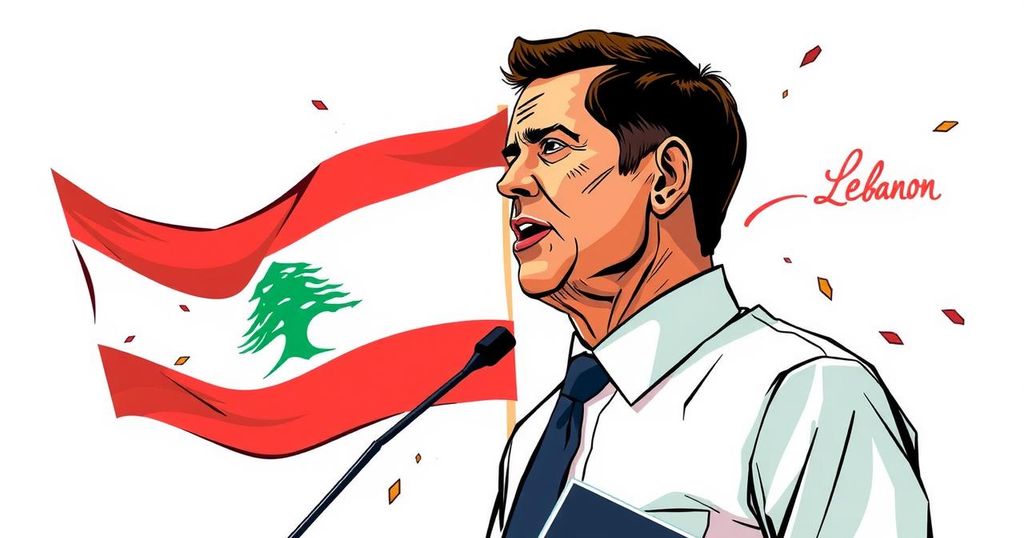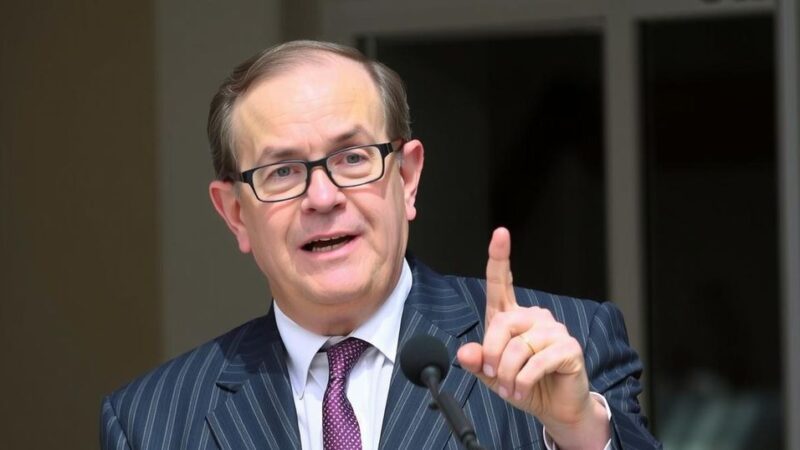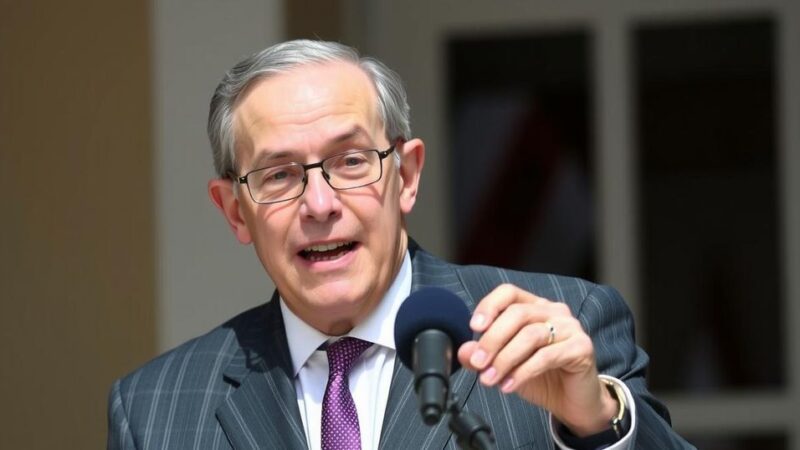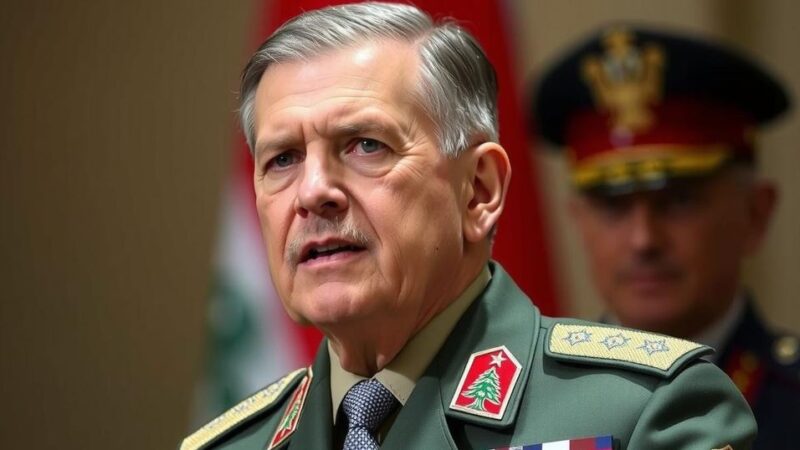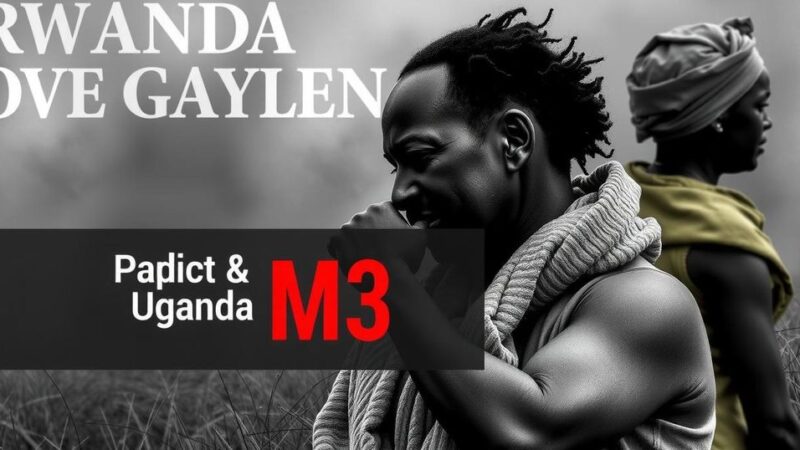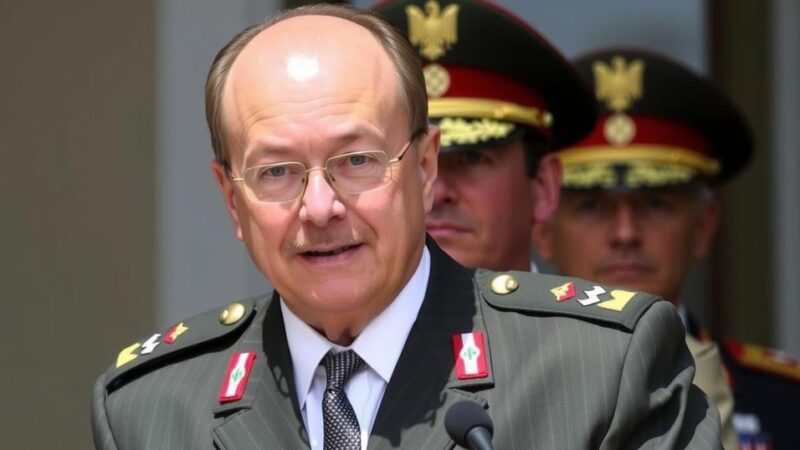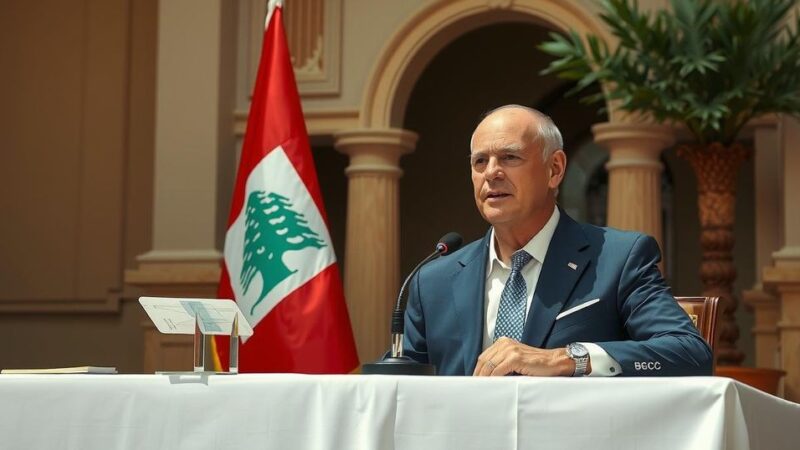Lebanon is set to elect a new president for the first time in over two years, a development crucial for addressing the country’s political and economic crises. Prime Minister Najib Mikati’s interim government has been largely ineffective, highlighting the need for a strong executive to consolidate a recent ceasefire and navigate the challenges facing the nation. Joseph Aoun, commander-in-chief of the armed forces, has emerged as a leading candidate amid shifting political dynamics, which may pave the way for Lebanon’s recovery.
Lebanon stands on the brink of an important political shift as it prepares to elect a new president, marking the country’s first such occurrence in over two years. Scheduled for Thursday, the election comes against a backdrop of political and economic struggles, exacerbated by the conflicts with Israel and Hezbollah. As Prime Minister Najib Mikati’s transitional government grapples with limited authority and economic paralysis, there exists an urgent need for a functioning executive to solidify the recent ceasefire and foster stability in the nation.
The election process, shaped by Lebanon’s traditional confessional system, has undergone intense negotiations aimed at presenting candidates likely to gain parliamentary support. Among the leading candidates is Joseph Aoun, the commander-in-chief of the Lebanese armed forces, who has emerged as a potential favorite due to the shifting stance of Hezbollah towards compromise. His military background and support from the populace enhance his prospects, as many view him as a trustworthy figure capable of addressing the pressing security and governance challenges facing Lebanon.
The urgency of establishing a credible presidency is underscored by the ongoing crises in Lebanon, including a severe economic downturn and significant internal displacement caused by conflict. As internal divisions complicate the political landscape, the need for a unified and legitimate government becomes paramount to restore confidence in state institutions and facilitate the return of displaced citizens and refugees. The outcome of the upcoming election not only holds the potential for political renewal but also represents a critical step toward stabilizing Lebanon’s future.
In Lebanon, the political landscape has been characterized by stalemate and turmoil, particularly evident in the absence of a functional presidency for over two years. Under Prime Minister Najib Mikati, the transitional government has struggled to address systemic issues ranging from economic crisis to political fragmentation. Stretched by ethnic and religious divisions, the Lebanese Parliament must navigate complex negotiations to install a president who can command broad support. The recent ceasefire between Israel and Hezbollah has heightened the necessity for a serious executive capable of enforcing peace and enabling the province’s recovery.
The impending presidential election in Lebanon represents a crucial opportunity for the nation to regain governmental stability after a prolonged period of leadership void. With Joseph Aoun emerging as a viable candidate, the potential for a new administration focusing on critical issues such as security, governance, and rebuilding the economy is palpable. The importance of this election transcends mere political maneuvering; it is fundamentally linked to Lebanon’s capacity to restore public trust and resilience in the face of multi-layered crises. Hence, the upcoming election could be pivotal for Lebanon’s trajectory towards recovery and stability.
Original Source: www.dw.com

